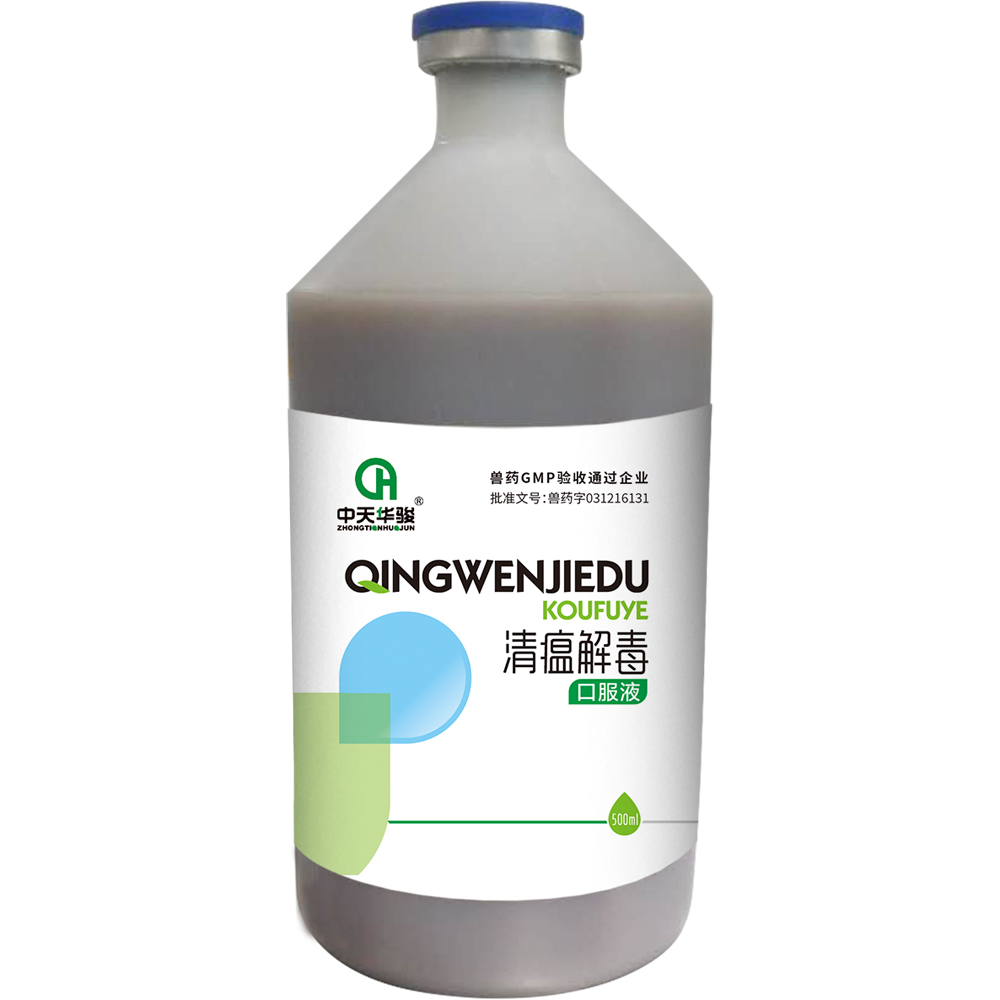
Dek . 04, 2024 09:03 Back to list
Understanding Custom Rabbit Coccidiosis and Its Impact on Rabbit Health and Welfare
Understanding Custom Rabbit Coccidiosis Causes, Symptoms, and Management
Coccidiosis is a prevalent disease in rabbits, caused by various species of protozoan parasites known as Eimeria. These parasites primarily infect the intestines and can lead to significant health issues in domestic and wild rabbit populations. With the increasing demand for healthy and well-managed rabbit farming, understanding the various aspects of coccidiosis, including its causes, symptoms, and management strategies, is essential for rabbit owners and breeders.
Causes of Coccidiosis
Coccidiosis is primarily caused by the ingestion of sporulated oocysts, which are the eggs of the Eimeria parasites. These oocysts are often found in contaminated feed, water, or bedding. Factors that contribute to the spread of coccidiosis include overcrowded living conditions, poor hygiene, and stress. Young rabbits are particularly vulnerable to coccidiosis as their immune systems are still developing. Adult rabbits can also be affected, but they often have a higher level of immunity due to previous exposure.
Symptoms of Coccidiosis
The symptoms of coccidiosis can vary depending on the severity of the infection and the specific Eimeria species involved. Common symptoms include
1. Diarrhea This is one of the most noticeable signs of coccidiosis. The feces of infected rabbits may be watery and can exhibit a foul smell. 2. Weight Loss Infected rabbits may experience a loss of appetite leading to significant weight loss over time.
3. Lethargy Infected rabbits often display a lack of energy, spending more time resting and less time engaging in normal activities.
4. Bloody Stool In severe cases, you may observe blood in the stool, which is a sign of serious intestinal damage.
5. Abdominal Distension Some affected rabbits may show signs of a swollen or uncomfortable abdomen.
6. Dehydration Due to persistent diarrhea, rabbits can become dehydrated, which can quickly become life-threatening if not addressed.
custom rabbit coccidiosis

Management and Treatment
Preventing and managing coccidiosis involves implementing good husbandry practices and, when necessary, medical intervention. Here are several strategies to consider
1. Maintain Hygiene Keeping rabbit enclosures clean and regularly disinfected can significantly reduce the risk of coccidiosis outbreaks. Remove soiled bedding and droppings daily and ensure fresh water and feed are always available.
2. Avoid Overcrowding Ensure that rabbits have adequate space to reduce stress and the likelihood of disease transmission. Aim for a comfortable living environment where rabbits can thrive.
3. Balanced Diet Providing a nutritious and balanced diet will help boost the immune systems of rabbits. Ensure that your rabbits have access to high-quality pellets, fresh hay, and occasional vegetables.
4. Regular Health Checks Monitoring the health of your rabbits regularly can help you catch any signs of illness early. If you notice any symptoms of coccidiosis, it is crucial to consult a veterinarian.
5. Medications In cases of confirmed coccidiosis, veterinarians may recommend anticoccidial medications such as sulfadimidine or toltrazuril. However, these should only be used under veterinary guidance.
6. Stress Management Minimizing stressors in the rabbit’s environment can enhance overall well-being. This includes providing a quiet, low-stress area for rest and avoiding sudden changes in their environment.
Conclusion
Understanding custom rabbit coccidiosis is vital for anyone involved in rabbit care or breeding. By being aware of the causes, symptoms, and management strategies, rabbit owners can take proactive steps to protect their animals from this debilitating disease. Regular veterinary check-ups, maintaining good hygiene, and fostering a stress-free living environment will significantly contribute to the overall health and well-being of rabbits. In doing so, we can ensure that these charming creatures live healthy, happy lives.
-
Premium Young Chicken - Leading Young Chicken Manufacturer & Supplier for Fresh Poultry Needs
NewsJul.08,2025
-
Enterococcus Faecalis Mold Remover – Powerful & Safe Solution from Trusted Manufacturer
NewsJul.08,2025
-
Premium Diarrhea Treatment Solutions Leading Diarrhea Factories & Suppliers
NewsJul.08,2025
-
High-Quality Blisters Manufacturer & Supplier Reliable Blisters Factory
NewsJul.07,2025
-
High-Quality Skeleton Development Services Leading Factory, Manufacturer & Supplier
NewsJul.07,2025
-
High-Quality Cockscomb Turns White Reliable Manufacturer & Supplier Factory
NewsJul.07,2025




